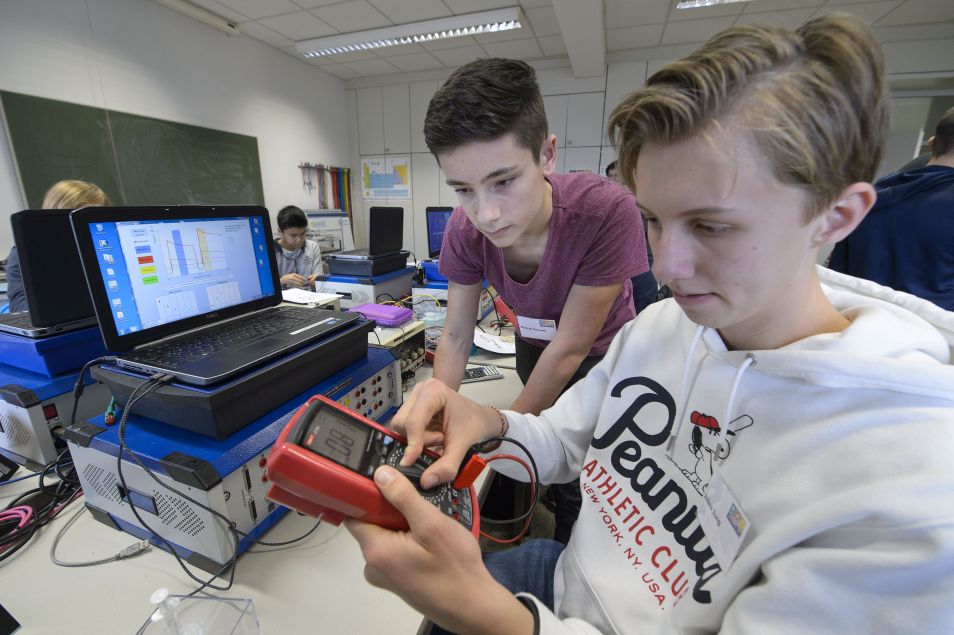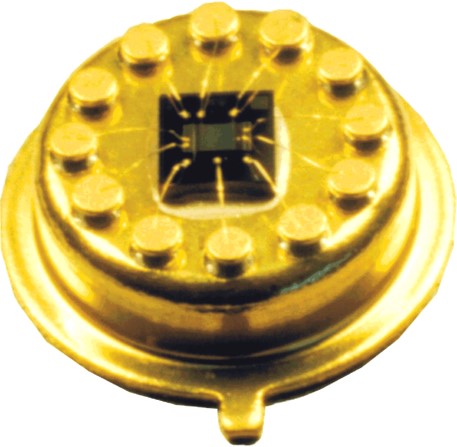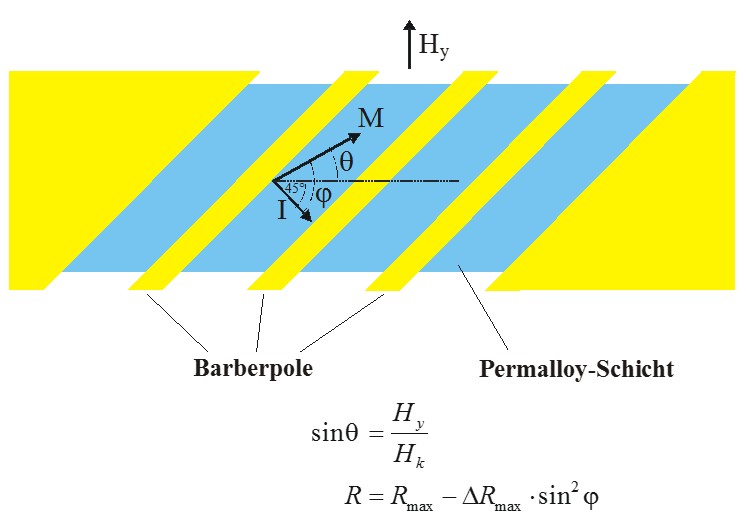 Das Schülerlabor SinnTec vermittelt moderne Technik am Beispiel der Mikrosensorik, die heute praktisch allgegenwärtig ist in nahezu allen technischen Geräten, allen voran im Smartphone. Die Sensoren sind winzig, aber sehr leistungsfähig, wir vermitteln die Funktionsprinzipien und die Nutzung. Dazu gehören auch immer einige Elektronikgrundkenntnisse und -fertigkeiten, vor allem das Löten elektronischer Schaltungen.
Das Schülerlabor SinnTec vermittelt moderne Technik am Beispiel der Mikrosensorik, die heute praktisch allgegenwärtig ist in nahezu allen technischen Geräten, allen voran im Smartphone. Die Sensoren sind winzig, aber sehr leistungsfähig, wir vermitteln die Funktionsprinzipien und die Nutzung. Dazu gehören auch immer einige Elektronikgrundkenntnisse und -fertigkeiten, vor allem das Löten elektronischer Schaltungen.
Das SinnTec arbeitet eng mit anderen Schülerlaboren der Universität sowie den Schülerforschungszentren in Saarlouis und St. Ingbert zusammen. Die Tätigkeit ist vielfältig und abwechslungsreich. Nach einer intensiven Einarbeitung sind Sie zuständig für die Vorbereitung der Termine und die Durchführung der Workshops in Gruppen von bis zu 16 Schülerinnen und Schülern gemeinsam mit dem Laborleiter Harald Nagel.
Wenn Sie Interesse haben, schicken Sie eine Email mit einem kurzen Motivationsschreiben und Ihrem Abiturzeugnis an
 Weiterbildungsseminar Gasmesstechnik I "Halbleiter-Gassensoren: Grundlagen, Messsysteme, Anwendungen"
Weiterbildungsseminar Gasmesstechnik I "Halbleiter-Gassensoren: Grundlagen, Messsysteme, Anwendungen"
in Kooperation mit GTE Industrieelektronik und 3S GmbH.
Nächster Termin am 20. November 2024 als Präsenz-Seminar in Mannheim.
Flyer zum Download, Anmeldung erfolgt über die AMA Weiterbildung.
Zusätzlich: Das Seminar Gasmesstechnik I kann ergänzt werden mit dem Weiterbildungsseminar Gasmesstechnik II "Optische Gassensoren: Grundlagen, Messsysteme" am 21. November 2024, ebenfalls in Mannheim.
Die beiden Weiterbildungsseminare sprechen Grundlagen und Anwendungen von Gassensoren und -technologien an, einmal mit dem Schwerpunkt Halbleitergassensoren, einmal optische Gassensoren, und bieten damit interessierten Nutzern die Möglichkeit, beide Technologien grundlegend kennen zu lernen und zu vergleichen.
 Weiterbildungsseminar Gasmesstechnik I "Halbleiter-Gassensoren: Grundlagen, Messsysteme, Anwendungen"
Weiterbildungsseminar Gasmesstechnik I "Halbleiter-Gassensoren: Grundlagen, Messsysteme, Anwendungen"
in Kooperation mit GTE Industrieelektronik und 3S GmbH.
Nächster Termin am 11. Oktober 2023 als Online-Seminar via MS-Teams.
Flyer zum Download, Anmeldung erfolgt über die AMA Weiterbildung.
Zusätzlich: Das Seminar Gasmesstechnik I kann ergänzt werden mit dem Weiterbildungsseminar Gasmesstechnik II "Optische Gassensoren: Grundlagen, Messsysteme" am 12. Oktober 2023, ebenfalls als Online-Seminar.
Die beiden Weiterbildungsseminare sprechen Grundlagen und Anwendungen von Gassensoren und -technologien an, einmal mit dem Schwerpunkt Halbleitergassensoren, einmal optische Gassensoren, und bieten damit interessierten Nutzern die Möglichkeit, beide Technologien grundlegend kennen zu lernen und zu vergleichen.

Weiterbildungsseminar Magnetoresistive Sensoren - Grundlagen, Systeme, Anwendungen: in Kooperation mit Sensitec, Magnetfabrik Bonn und TE Connectivity Sensors Germany GmbH.
Nächster Termin am 28. November 2023 in Frankfurt am Main.
Flyer zum Download, Anmeldung erfolgt über die AMA Weiterbildung.
Forscher, Entwickler, Fertigungsingenieure, Vertriebsingenieure und Technische Einkäufer, insbesondere in den Bereichen Mechatronik, Automatisierung, Automobiltechnik und Motorenbau sowie Positioniertechnik.
Hersteller und Anwender von Sensorelementen und Messsystemen, die magnetische Sensorlösungen bereits einsetzen oder einführen wollen.
Zusätzlich: Das MR-Seminar ist eine sinnvolle Ergänzung zum Weiterbildungsseminar Hallsensoren (nächster Termin am 29. November 2023, ebenfalls in Frankfurt).
Beide Weiterbildungsseminare sprechen Anwendungen magnetischer Sensoren in der Automatisierungstechnik wie auch in der Automobiltechnik an und bieten damit interessierten Nutzern die Möglichkeit, beide Technologien grundlegend kennen zu lernen und zu vergleichen.

Weiterbildungsseminar Magnetoresistive Sensoren - Grundlagen, Systeme, Anwendungen: in Kooperation mit Sensitec, Magnetfabrik Bonn und TE Connectivity Sensors Germany GmbH.
Nächster Termin am 04. Mai 2023 in Frankfurt am Main (alternativ ggf. als Online-Seminar).
Flyer zum Download, Anmeldung erfolgt über die AMA Weiterbildung.
Forscher, Entwickler, Fertigungsingenieure, Vertriebsingenieure und Technische Einkäufer, insbesondere in den Bereichen Mechatronik, Automatisierung, Automobiltechnik und Motorenbau sowie Positioniertechnik.
Hersteller und Anwender von Sensorelementen und Messsystemen, die magnetische Sensorlösungen bereits einsetzen oder einführen wollen.
Zusätzlich: Das MR-Seminar ist eine sinnvolle Ergänzung zum Weiterbildungsseminar Hallsensoren (nächster Termin am 03. Mai 2022, ebenfalls in Frankfurt).
Beide Weiterbildungsseminare sprechen Anwendungen magnetischer Sensoren in der Automatisierungstechnik wie auch in der Automobiltechnik an und bieten damit interessierten Nutzern die Möglichkeit, beide Technologien grundlegend kennen zu lernen und zu vergleichen.